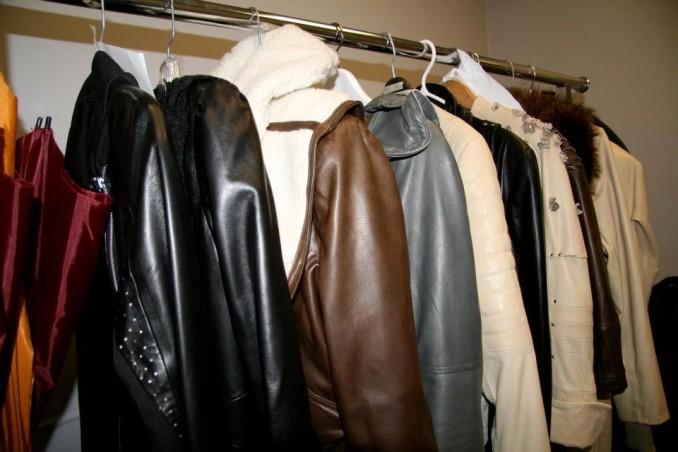Despite opportunities to work with big name brands, some of Ryerson’s fashion students feel it does little for their careers. Dasha Zolota reports
Competitions in Ryerson’s fashion school give students unparalleled opportunities in their industry, but students are hungry for more lasting rewards.
Despite getting to work with big names in the industry, students say the experience doesn’t do much to boost their careers.
Meagan Johnston, a third-year fashion design student and winner of the 2011 Danier Design Challenge, will see her product in select stores across Canada this fall, receive a $5,000 check and a paid internship with the label.
However, competitors often have to sign contracts waiving the rights to their work, resulting in a lack of recognition, one student said.
“It’s the only downside to these competitions,” said Elisabeth Huynh, a fourth-year fashion communication student. Huynh participated in challenges for McGregor Industries and Shisheido Cosmetics during her third year.
“The winner will usually get around $5,000, meanwhile, these companies are making so much more from our ideas,” she said.
Brianne Burnell, a fourth-year student in fashion communication, said the experience itself was what counts, but the ante needs to be upped on prizes for those in her program.
“The competitions for the design students seem advantageous because if they plan on becoming independent designers it is great self-promotion,” Burnell said. She added the contests may have nothing to do with a fashion-communication student’s future career, due to the versatile nature of the program.
Both students noted problems with the Shiseido competition.
“The professor helped us each step along the way,” Huynh said. “But I felt like she imposed her own ideals and views onto our vision too much. In the end, I wasn’t happy with my final project.”
Burnell seemed unsure what to make of her experience.
“We all busted our asses off on it, and no one won,” she explained. “No one even told us no one won, we just never heard anything, and that’s still a huge mystery.”
“I wish the competitions would end in something more than a spread in a magazine or money,” Burnell said. Both Huynh and Burnell said more variety in competitions and potential internships would help start careers.
“It hasn’t been a life changing experience. I think that experience will be presenting the creative portion of my capstone project to the judges at the end of this semester,” Burnell said. “I hope.”
Lucia Dell’Agnese, associate chair of Ryerson’s school of fashion said the benefit of these competitions is they teach students how to work for a specific market, how to research and how retailers function.
“I think often it’s hard for students to design for someone else other than themselves,” Dell’Agnese said.
“I wish — really wish — with all my heart, more retailers would follow suit,” Dell’Agnese said. “For young designers, it’s really hard to get started. It’s expensive.”
She explained that it’s a win-win situation regardless, for both retailer and student. The student gains exposure, however minimal it may be, as well as experience, and the retailer gets fresh, young perspectives.
“To future students: Take every opportunity that is provided to you as a student, in terms of competitions and broadening your scope of knowledge,” Dell’Agnese said. “The more you push yourself outside the box, the more you experience.”













Leave a Reply